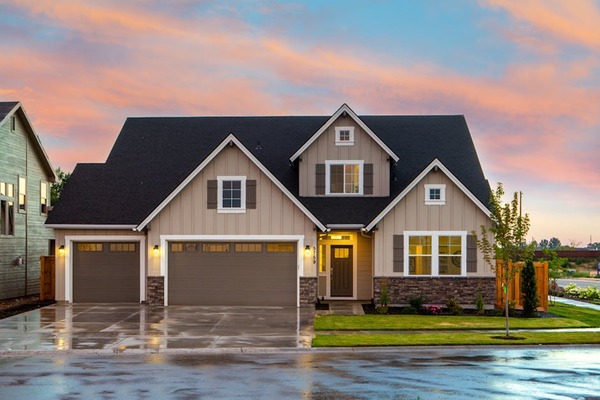
Steps to Prepare Your House for a Solar System Installation
As the world increasingly embraces renewable energy solutions, installing solar panels on residential properties has become a popular choice for homeowners looking to reduce their carbon footprint and lower their electricity bills. However, before reaping the benefits of solar power, proper preparation of your house is essential. Here are the steps to ensure your home is ready for a solar system installation:
- Assess Your Roof's Suitability: The first step is to determine if your roof is suitable for solar panels. A south-facing roof with minimal shading is ideal for maximizing solar energy production. Schedule an assessment with a solar installer to evaluate your roof's orientation, angle, and condition.
- Evaluate Structural Integrity: Before installing solar panels, ensure that your roof is structurally sound enough to support the additional weight. Older roofs may require reinforcement or repairs to accommodate the solar system. Consult a structural engineer or roofing professional if necessary.
- Clear the Roof: Remove any debris, such as leaves, branches, or snow, from your roof to ensure unobstructed sunlight for optimal solar energy production. Trimming overhanging branches or nearby trees that cast shadows on your roof can also improve solar efficiency.
- Inspect Electrical System: An inspection of your home's electrical system is crucial to ensure compatibility with the solar installation. Upgrade outdated wiring or electrical panels if needed to meet the requirements of the solar system and local building codes.
- Check for Permits and Regulations: Obtain the necessary permits and approvals from your local government or homeowners' association before installing solar panels. Familiarize yourself with zoning regulations, setback requirements, and any restrictions that may affect the placement or size of your solar system.
- Assess Energy Consumption: Analyze your household's energy consumption patterns to determine the appropriate size of the solar system. Consider factors such as your average electricity usage, peak demand times, and future energy needs when selecting the capacity of your solar panels and battery storage, if applicable.
- Consider Energy Efficiency Upgrades: Before installing solar panels, consider implementing energy-efficient upgrades to reduce your overall energy consumption. This may include upgrading to energy-efficient appliances, improving insulation, sealing air leaks, and installing programmable thermostats.
- Budget and Financing Options: Determine your budget for the solar system installation and explore financing options such as solar loans, leases, or power purchase agreements (PPAs). Research available incentives, tax credits, and rebates offered by federal, state, or local governments to offset the upfront costs of going solar.
- Choose a Reputable Installer: Select a qualified and experienced solar installer to design and install your solar system. Seek recommendations from friends, read reviews, and obtain multiple quotes to compare prices, warranties, and equipment options before making a decision.
- Prepare for Maintenance: Plan for regular maintenance and cleaning of your solar panels to ensure optimal performance and longevity. Schedule periodic inspections by a professional to check for any issues and address them promptly.
By following these steps to prepare your house for a solar system installation, you can ensure a smooth transition to clean, renewable energy while maximizing the benefits of solar power for your home and the environment. Investing in solar energy not only reduces your carbon footprint but also provides long-term savings and energy independence for your household.
What do you think? Leave a comment.